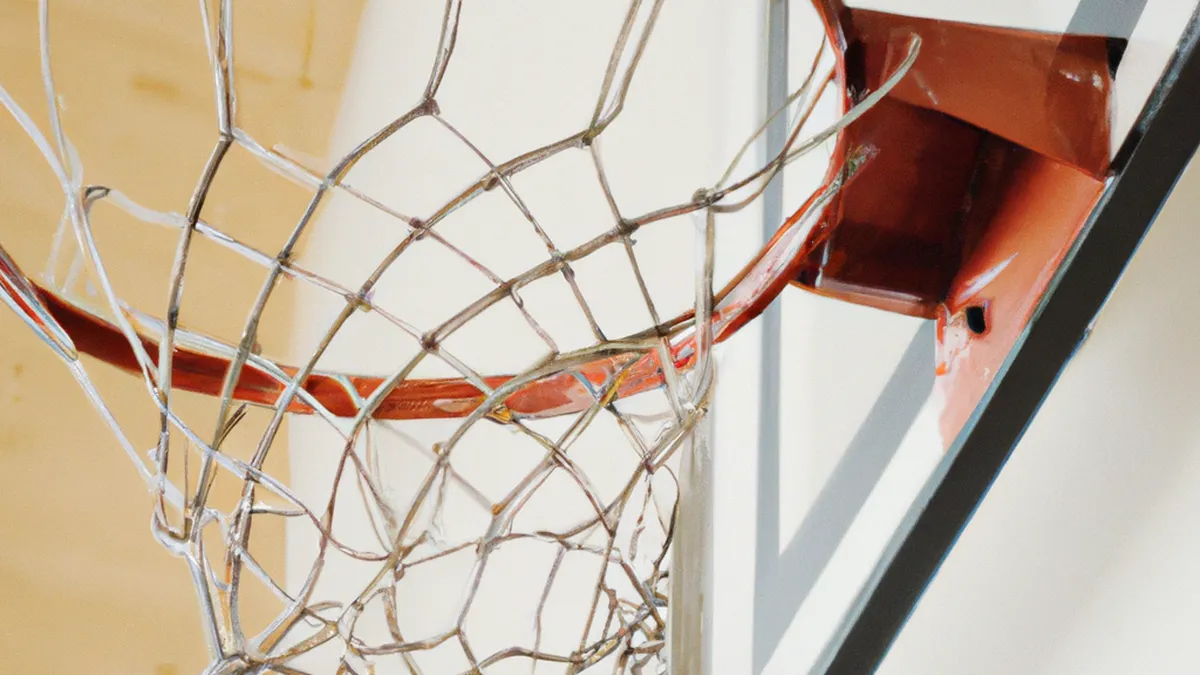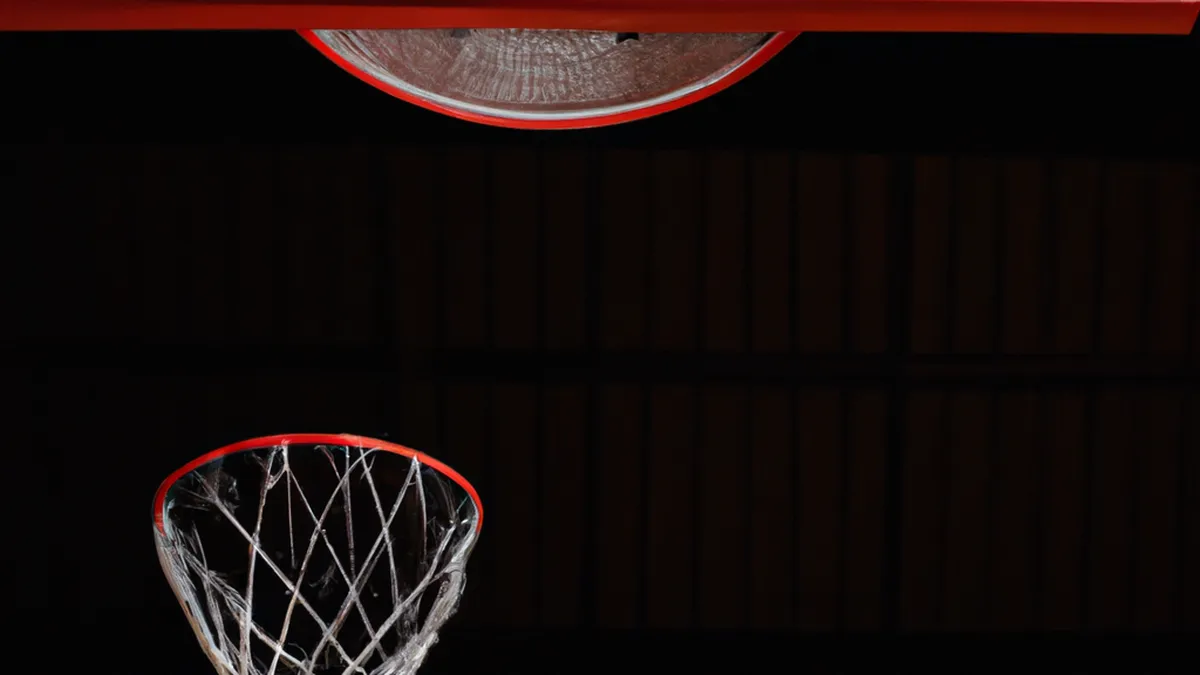Secrets Behind an Effective Pick-and-Roll
Understanding the Key Components of a Successful Pick-and-Roll Offense
The pick-and-roll is a fundamental basketball play. It creates open shots and mismatches for teams. Understanding its key components helps players and coaches design effective offenses. This blog post breaks down essential elements of a successful pick-and-roll offense.
The Basics of the Pick-and-Roll
The pick-and-roll involves two players. One player sets a screen while the other drives or shoots. This concept leads to high-scoring opportunities. Execution requires timing and communication.
The Roles of Players
The pick-and-roll features two primary roles: the ball handler and the screener. The ball handler, often a guard or forward, dribbles the ball. The screener, usually a big player, sets a pick to block the defender. This action creates space for the ball handler to make a play.
Timing and Spacing
Timing is crucial in the pick-and-roll. The ball handler must wait for the screen before moving. If they rush, defenders can recover easily. The screener should roll to the basket immediately after setting the pick. This action pressures defenders and opens passing lanes.
Communication is Key
Effective communication makes the pick-and-roll successful. The ball handler must call out the play or signal for the screen. This clarity helps both players understand their roles. When players communicate, they anticipate each other’s movements better.
Tips for Executing the Pick-and-Roll
Now that we understand the basics, let’s explore tips for effective execution of the pick-and-roll.
Proper Screen Setting
A good screen can make or break the play. The screener should set their feet firmly and remain stationary. They must position their body between the defender and the ball handler. A properly set screen makes it hard for the defender to navigate around it.
Reading the Defense
The ball handler must read the defense quickly. If the defender fights through the screen, the ball handler can drive or shoot. If the defender switches, the ball handler should exploit the mismatch. This ability allows for quick decision-making.
Options After the Roll
After setting the screen, the screener has options. They can roll to the basket for a layup or fade to the perimeter for a jump shot. This versatility keeps defenders guessing. The ball handler should stay aware of the screener’s position and make the best decision based on the defense’s response.
Advice for Coaches Implementing the Pick-and-Roll
Coaches play a vital role in teaching the pick-and-roll. Here are strategies to help your team execute this play effectively.
Practice Makes Perfect
Drill the pick-and-roll during practice. Repetition builds muscle memory and comfort. Encourage players to practice different scenarios, like switching defenses or double-teams. This preparation helps them handle real-game situations.
Use Video Analysis
Video analysis can enhance understanding. Review game footage to highlight successful pick-and-rolls. Discuss what worked and what didn’t. This analysis helps players learn from mistakes and improve execution.
Encourage Creativity
While the pick-and-roll follows a structured approach, encourage player creativity. Allow them to develop their style within the framework. Players might discover unique ways to use the pick-and-roll to their advantage.
Benefits of a Strong Pick-and-Roll Offense
Implementing a successful pick-and-roll offense provides numerous benefits. First, it creates scoring opportunities. Players can score easily at the rim or from beyond the arc. Additionally, it forces defenders to make quick decisions, often leading to mismatches.
Moreover, a strong pick-and-roll offense improves teamwork. Players learn to communicate and trust one another. They develop chemistry on the court, which is essential for success. Finally, it keeps the defense on its toes, making it harder to predict plays.
Conclusion
The pick-and-roll is a powerful offensive strategy in basketball. By understanding its key components, players can execute it effectively. Focus on proper screen setting, reading the defense, and communication. Coaches should emphasize practice, video analysis, and creativity. Ultimately, a well-executed pick-and-roll can elevate a team’s performance and lead to victory.
Below are related products based on this post:
FAQ
What are the key roles in a pick-and-roll offense?
The pick-and-roll features two primary roles: the ball handler and the screener. The ball handler, typically a guard or forward, dribbles the ball, while the screener, usually a big player, sets a pick to block the defender. Together, they create space for scoring opportunities.
How important is communication in executing a pick-and-roll?
Effective communication is crucial for the success of the pick-and-roll. The ball handler must call out the play or signal for the screen, ensuring both players understand their roles. Clear communication allows them to anticipate each other’s movements better, leading to more effective execution.
What strategies can coaches use to teach the pick-and-roll?
Coaches can implement various strategies to teach the pick-and-roll, including drilling the play during practice to build muscle memory, using video analysis to review game footage for learning opportunities, and encouraging player creativity within the structured approach of the pick-and-roll.















Post Comment